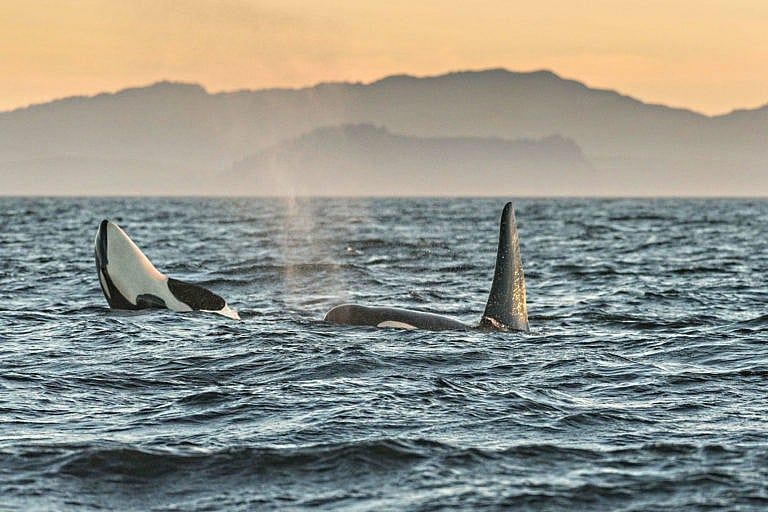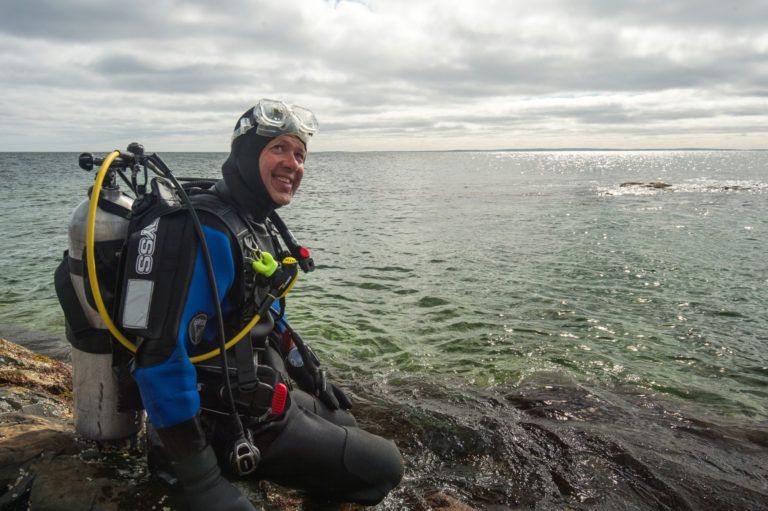ocean
Why these artists are leaving ghostly sculptures at the bottom of the ocean
Artists are populating seabeds with sculptures that attract divers while also asking whether they should really be there
B.C.’s ‘southern resident’ orcas have been wandering far from home. Could this be the end?
The orca family known as J pod have been swimming far away from their Salish Sea digs. Will they return in 2022?
What will it take to save the ocean from unrelenting human harm?
One of the world’s most famous marine ecologists dials back his doomsday predictions and tries optimism
Deep-sea vents host newly-discovered species
New research shows that in certain spots, even the deep-sea floor can be hospitable
Christmas, through a comedian’s dark lens
Plus: Walter Mosley’s latest, a biography of the Atlantic Ocean, the father of modern taxidermy, what Boomers can expect from the rest of life, and the late night TV wars
The other long-form census
The head count is almost complete in the first tally of the world’s marine species
Reading flotsam
A top oceanographer studies the signals of the floating world
Global Warming is Irreversible, study suggests
Climate change is essentially irreversible, according to a sobering study from the National Oceanic and Atmospheric Administration (NOAA). Once the ocean has heated up, it will warm the planet for thousands of years, according to lead author Susan Solomon. If carbon dioxide is allowed to peak at 450-600 parts per million, it will take millenia for the excess CO2 to dissipate, according to Solomon, with NOAA. The current level of carbon dioxide is 385 parts per million. Currently the oceans are absorbing the excess heat and carbon dioxide, but they will reach a saturation point, according to the study.




